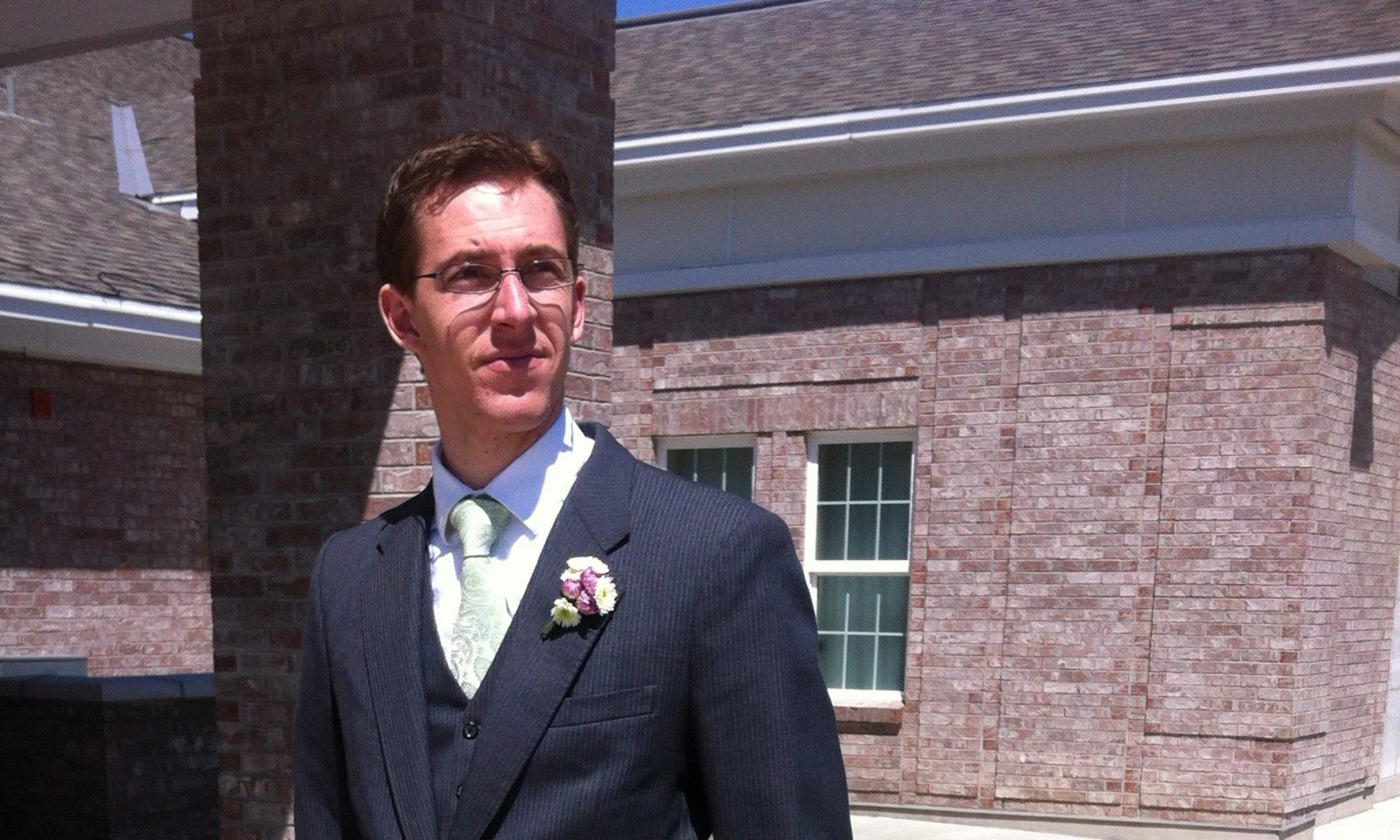I read a BYU devotional recently that mentioned something I’ve come to learn is very important. Praying openly and honestly is critical to bring change in my life.
I seek healing. I seek peace. I seek understanding of the situations I experience every day.
For me, prayer is a critical part of that. I have to be actively engaged in my healing, and I have to be completely honest with Father in my prayers.
Prayers often reflect my mental state. They are happy when I’m happy, they are dejected when I am dejected, but I always try to maintain a strong portion of gratitude. This is likely helpful, but not the subject of this post.
When I’m most depressed, when the world has piled itself on top of me (or when I’ve dug a hole, jumped in, and decided to fill it from the inside), my prayers often lack honesty. Only when my problems become so insurmountable that I cannot escape them alone (when I recognize how little control I have) do I elaborate the exact difficulties I have to God.
The is also true when things are going well. When I’m doing well, when life is full of blessings, I maintain gratitude, but my prayers are usually less specific than when I’m very troubled.
These things should not be.
Prayer is a method of engaging in honest, specific self-reflection. It has divine implications if you allow it to, but I believe the words of Jonathan Sandberg are accurate for me:
In your prayers, be sure to speak openly, sincerely, and directly to Him who is your loving Father. Sometimes I fear our prayers are too vague and too passive to bring about the spiritual support we need.
God requires us to know ourselves. He knows us perfectly. We must grow to that same knowledge. Even if we don’t like the things we discover and learn, acknowledging them specifically in prayer can be the first step to healing and overcoming them.
Specificity in prayer is important. It’s far more important to say, “Father, help me have the strength to fight through my apathy today” than to say “Uh, please help me to get some feelings.”
“I’m really unmotivated right now. All I do muster the desire to do and execute was say this prayer. Please grant me a little more strength to move forward with __[collecting tax documents, opening the mail, packing my clothes, writing more code]__.”
Praying honestly brings out honesty that is critical to my progress. By acknowledging my shortcomings to myself and to God in prayer, I fulfill the scriptural injunction in Ether:
If men come unto me, I will show unto them their weakness
and I learn more about me. I learn to identify the source of my challenges. From there I can make progress and grow. From there I learn God
[gives] unto men weakness that they may be humble [don’t I know it?]; and [he says] and my grace is sufficient for all men that humble themselves before me; for if they humble themselves before me, and have faith in me, then will I make weak things become strong unto them.
My weakness isn’t yet strength. My weakness might change from prayer to prayer.
But praying honestly, admitting areas of weakness, asking for help, asking specifically, and asking for strength to move forward is necessary to my personal growth.
